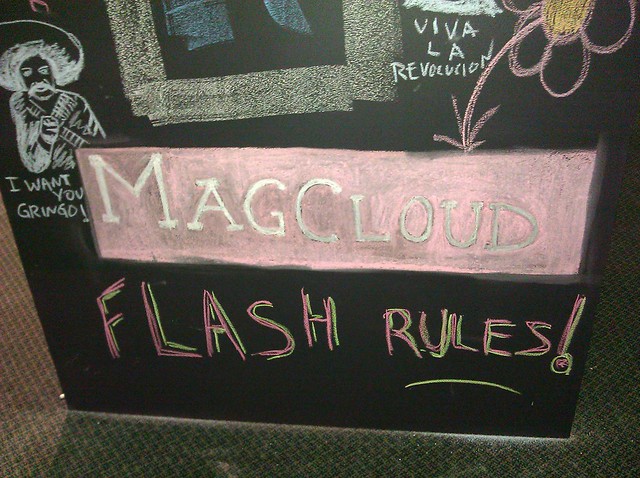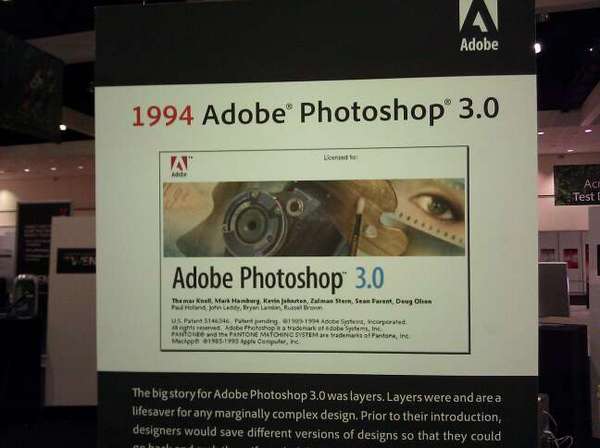So, Twitter blocked access from Twidroyd and UberTwitter today, citing acceptable use policy violations, then classily pushing their own apps. IMO this would be similar to Google blocking Internet Explorer or Firefox from accessing their services, then telling people “oh, you can use Chrome.”
UberMedia has made some changes to appease the Twitter TOS guardians, and expects to be un-blocked soon.
Anyway, onto the accusations:
These violations include, but aren’t limited to, a privacy issue with private Direct Messages longer than 140 characters, trademark infringement, and changing the content of users’ Tweets in order to make money.
This is the most I’ve been able to find. Let’s break it down:
a privacy issue with private Direct Messages longer than 140 characters
“Privacy issue” is a pretty strong accusation (not that it seems to have actually hurt Facebook).
Here’s a thought: Twidroyd has built-in support for TwitLonger, which will let you route a longer message through a third-party service and then post it as a shorter tweet with a link to the full message.
My guess: this was enabled for all outgoing messages instead of just public tweets, including direct messages. This would make the message (a) visible to Twitlonger itself, and (b) potentially visible to anyone who obtained the URL to that message.
trademark infringement
According to UberMedia, they’ve been working on a name change for UberTwitter for the past three weeks. If that’s the case, it sounds like Twitter is just padding the accusations.
changing the content of users’ Tweets in order to make money
This is a serious accusation, if true. The whole purpose of a communication platform is for one person to convey a message to another person. If that message is altered in transit, it undermines the whole purpose.
But here’s the question: What do they mean by content? Do they mean the exact characters typed in? Do they mean the words? If Twidroyd shortens a URL so that it fits in 140 characters, does that count as changing the content? How about that twitlonger support?
If Twidroyd or UberTwitter prefers a particular URL shortener in exchange for money (just as desktop web browsers prefer a particular search engine), does that count as “changing the content of users’ Tweets in order to make money?”
Isn’t that essentially what Twitter plans to do by forcing all URLs (even those already shortened) through its t.co URL shortener in order to collect data which it can then…*gasp*…monetize?
Edit: And just as I finish the post, I find a post explaining exactly what the issues were. I was right about the privacy issue, though it was with tmi.me, not twitlonger.
As for changing content, the claim was that UberCurrent (the third app whose name I kept forgetting) was changing affiliate links to point to their own affiliate links instead of the author’s. UberMedia says that they “don’t currently do this,” implying that they may have at some time in the past, or may have been considering it. In any case, that’s a jerky thing to do, if not quite as severe as altering the meaning of a message. I remember a Firefox extension that would let you raise funds for an organization by changing Amazon links to use their affiliate links (eventually discontinued due to Amazon TOS violation), but I think even that made a point of not altering existing affiliate links.
Anyway, It’s a good thing they’re using the Android and Blackberry markets. I expect I’ll see an updated Twidroyd later today (or whenever it is that the phone checks for new apps). From what I’ve heard about the iPhone iOs App Store, it could take as much as a week to get the fixed version approved and out in the hands of its users.




